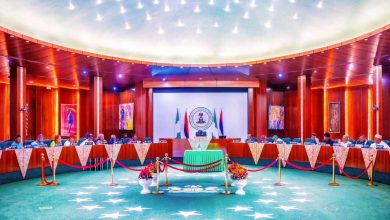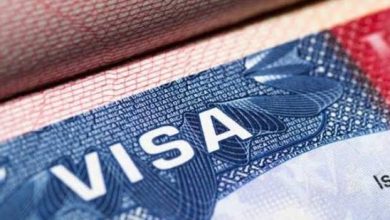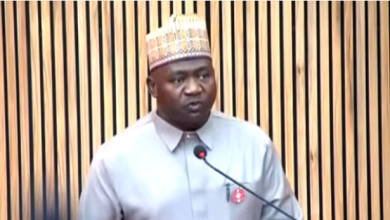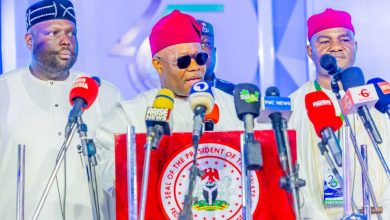Lead
ECOWAS Bank disburses $2.5bn for 300 projects across West Africa
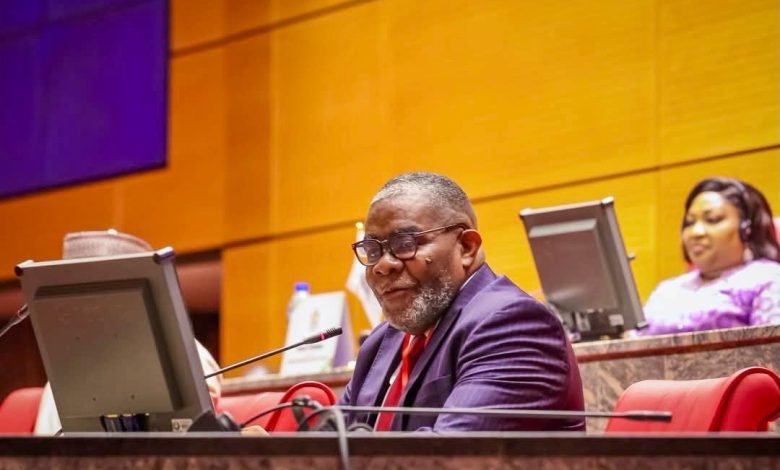
The ECOWAS Bank for Investment and Development (EBID) has disbursed over $2.5 billion to support around 300 projects across the ECOWAS subregion since its inception in 1999.
EBID President, Dr George Donkor, made this known during an interactive session with heads of ECOWAS institutions and specialised agencies at the ongoing First Ordinary Session of ECOWAS Parliament in Abuja.
The interactive session was to enable the bank to present its progress report and vision for regional integration, economic transformation, and sustainable development.
The session also aimed to highlight EBID’s alignment with ECOWAS’ Vision 2050, which emphasises regional integration, social inclusion, and economic resilience.
Donkor, represented by the bank’s Director of Research and Strategic Planning, MacDonald Goanue, said that EBID had within 26 years positioned itself as the financial backbone of the ECOWAS region.
He reaffirmed the institution’s commitment to regional development through its strategic investments in infrastructure, energy, health, agriculture, education, and digital transformation across West Africa.
“In 2024 alone, the Bank approved 10 new projects worth UA 330.76 million ($439.74 million) and appraised 21 additional projects,” Donkor said.
The bank’s key flagship initiatives include connecting electricity networks between Mali and Côte d’Ivoire, solar electricity for 750 community facilities in Benin, and construction of a vital bridge linking AIBD to Blaise Diagne Airport in Senegal.
EBID has also boosted Medium, Small, and Micro Entrepreneurs (MSMEs) financing and supported public-private partnerships.
“The number of projects benefiting from disbursements increased from 56 in 2023 to 77 in 2024.
The annual loan disbursement rate was approximately 20.54% in 2024, slightly down from 21.58% in 2023,” Donkor said.
The EBID President stressed that the partnership between EBID and the ECOWAS Parliament was essential to realising a stable, prosperous, and integrated sub-region.
Nigeria is the largest shareholder in the regional financial institution, with approximately 33% of total shares.
“Nigeria is the biggest contributor. Nigeria is in the process of even paying $100 million to the bank.
”We finance private projects in Nigeria. The Bank of Industry is our client. We have done business with commercial banks and so on, so we do a lot in Nigeria,” Donkor said.
EBID’s operations rely mainly on Member States’ contributions and international financing facilities.
The bank has received about $1 billion from the Indian government to fund infrastructure, energy, transport, and private sector development across West Africa.
“EBID is not a commercial bank, and does not take deposits. Our operations rely mainly on Member States’ contributions and international financing facilities,” Donkor explained.
The community parliamentarians commended the bank for its great contributions to regional development and sought clarification on specific projects, sustainability, and strategies.
They also offered recommendations aimed at improving transparency and strengthening monitoring mechanisms
